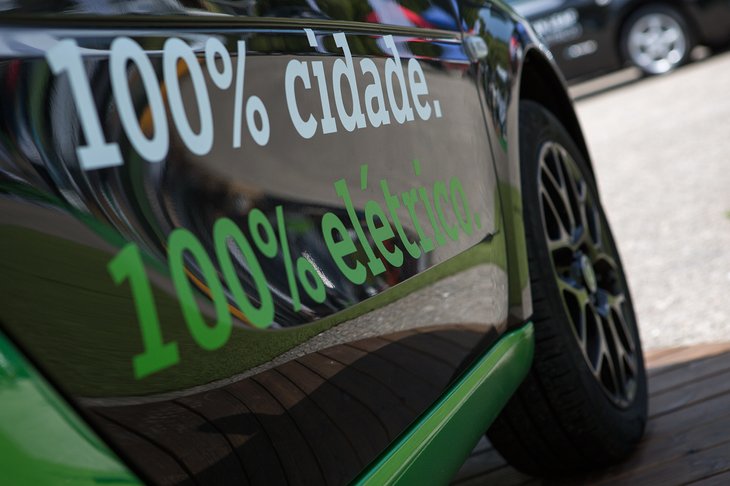"Porto is a good example of the energy transition process", says REN21
Article

Filipa Brito
The renovation work carried out by Mayor of Porto, Rui Moreira and his team regarding the rehabilitation of Municipal Housing corresponds to a true positive impact on combating energy poverty, as about 12% of this type of dwelling involve the installation of solar panels for sanitary water heating, for example. Therefore, the city of Porto is complying with a growing share of renewables and is committed to reducing energy consumption costs.
"Porto (Portugal) tackled energy poverty directly by renovating public buildings to make them more energy efficient and by installing renewable heating and cooling facilities and solar hot water systems, resulting in annual energy savings of 286 kilowatt-hours (kWh) per square metre (m2)", as reported by REN21, the only global renewable energy community of actors from science, governments, NGOs and industry.
The social benefits are obvious and tremendous, with the renovation of the municipal housing, in an investment of circa 100 million euros, in a six-year period and reducing the city's energy bill, and heating the houses. Solar panels have enabled savings of around 60%, in water heating to a population that most hardly would have own means of adopting such a solution.
Porto's next step is the increase of energy production generated by photovoltaic panels. According to Filipe Araújo, Vice Mayor andCouncillor for Environment and Innovation states that in the short term, there will be the launch of a tender of enough equipment to produce installed power capacity (MW) to equip circa 30 municipally managed buildings, and "this is just the starting point to a broader strategy to harness the solar potential of the thousands of square metres of roofs in buildings managed by the Municipality of Porto and, according to the existing legal framework, to promote the creation of energetic communities".
Porto is committed to mitigate climate change; thus, on the city's own initiative, Porto raised the CO2 reduction target to 50 percent till 2030, for a more decarbonized city where citizens are granted access to a safe, sustainable and renewable energy.
In December 2016, the Municipality of Porto concluded its Municipal Strategy of Climate Change adaptation (EMAAC), based on the National Plan for Climate Change (PNAC) and in the National Strategy for Climate Change adaptation (ENAAC).
The array of strategic options encompasses concrete action, namely the renewal of the fossil fuel municipal fleet to electric cars.
Also, the municipality has implemented Nature Based Solutions all across the city, as the Urban Native Woodlands Programme, aka FUN Porto, or the Urban Vegetable Gardens in Porto, thus increasing the city's resilience to climate change and providing citizens with positive ecological benefits.
The impact of Porto subscribing to the Covenant of Mayors Pledge at international level is extremely significant as it strengthens Porto's position in the EUROCITIES network, namely regarding the Environment Forum.
Furthermore, Porto joined the Transport Decarbonisation Alliance and committed to reaching these new targets till 2030. This was subscribed by the Mayor, Rui Moreira, in March 2018 at the Urban Future Global Conference.
Efficient lighting in the city to save energy and reduce CO2 emissions
The operation "Porto.Luz + Eficiente", regarding the efficient public lighting programme in the city of Porto, involves significant reductions in energy consumption and CO2 emissions.
Public lighting is also in the municipality's agenda regarding energy efficiency, as the operation "Porto.Luz + Eficiente" has enabled the replacing of traditional street lamps (2.483 in several streets in Porto) with lamps using LED technology.
Urban rehabilitation in Porto has skyrocketed in the last three years. The city is currently undergoing rebuilding, after a period of decay of Porto historic centre, in the early 2000.
The "Rainha Dona Leonor quarter" best example
Fifty-two families will be resettled in the state-of-the-art council homes in Rainha Dona Leonor quarter, in Porto. The construction work of the first energy efficiency class A+ social housing in Portugal in ongoing.
Urban renewal is less based on destruction and more on renovation and investment, and today it is an integral part of the local government's policies; thus, these restoration and rehabilitation works were also possible in such a relatively short period of time, less than 3 years, because although there was no public investment, the municipality provided flexible licence agreements.
The territorial and social cohesion of the City is a priority to Rui Moreira's Municipal Cabinet.